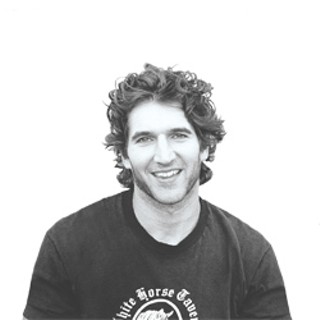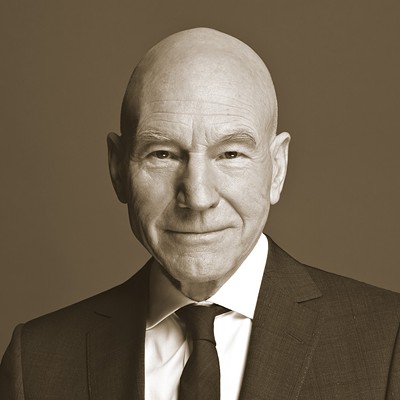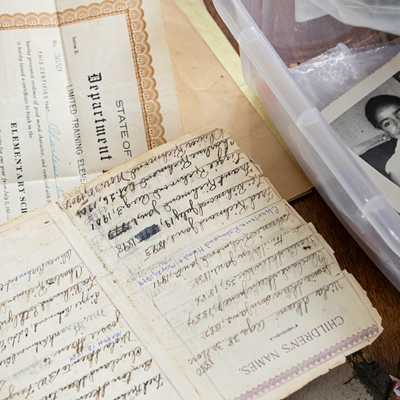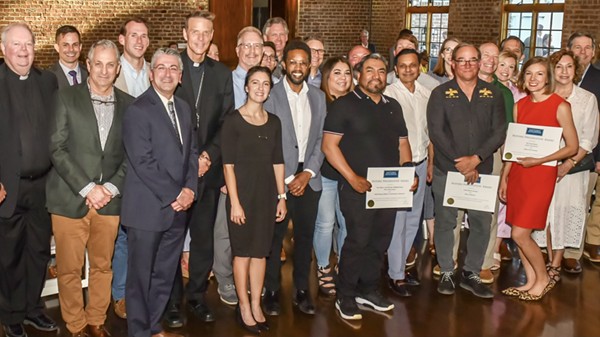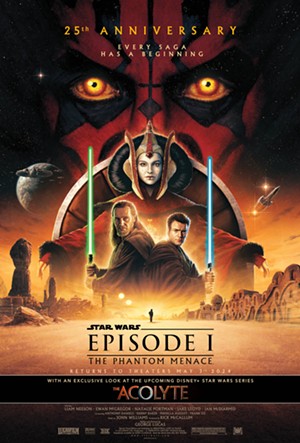SCREENWRITER DAVID BENIOFF adapted the bestselling novel about two boyhood friends in Afghanistan, Khaled Hosseini's The Kite Runner, into a feature film which screened last week at the Savannah Film Festival.
Directed by Marc Forster, the film has garnered some controversy for a rape scene involving one of the young Afghani child actors, which has prompted threats against the boys in their native country. Though the scene is remarkably tame and not graphic in any visual way, it has raised enough hackles in that extremely conservative region for there to be real concerns about what will happen next.
I sat down with Benioff right before he was to receive an award from the Festival, and talked about the controversy and about the challenges of adapting The Kite Runner from novel to screen.
You’ve made some key decisions writing this screenplay, the main one being your decision not to go with a voiceover. First of all, thank you for not using a voiceover, and secondly, what was behind that decision?
David Benioff: That was one of the first decisions I made, and there was pressure to include it. I’m glad you say that, because it would have been a whole different movie. To me the novel works beautifully and it’s very successful, and the novel’s told from Amir’s point of view. A movie’s a different beast, and honestly I have a real prejudice against going to see these movie adaptations and they always start with the narrator kind of intoning the opening lines of the book. It kind of makes me squirm in my seat whenever it happens.
Not to say voiceover never works, because clearly sometimes it does, in a movie like Y Tu Mama Tambien or it’s beautifully used in the French New Wave movies. But particularly with novel adaptations it often seems like the lazy way out. To me the whole challenge of doing an adaptation is we’re trying to convert this book, black and white text on pages, into this full-color movie. And that’s all about creating images and sound and telling the story through action and dialogue.
Not using a voiceover puts more burden on those child actors to be that much better. Did you enter any casting discussions with Marc Forster early on?
David Benioff: One of the reasons I wanted to work with Marc was that he’s so good with child actors. You know, the kids in Finding Neverland are so good, he discovered Freddie Highmore, who’s now like the “It” kid actor, and he’s got a great eye for talent. I knew he was going to find the right kids. And now you watch the movie and that little kid playing Hassan is the heart of the movie, and what he does with his face.
It’s been wonderful traveling around the country with members of the cast trying to get the word out about this movie, because so many times they make me look good, where there’s kind of a throwaway line in the script, a description or a head gesture and it’s very prosaic.
For instance, you remember the scene where Baba emerges from the doctor’s office, he’s just been told he’s going to die, and he sees his son there and he kind of makes this little head gesture. Everytime I see that, it gets me, because there’s a real nobility about it. He’s just been told he’s got six months to live and he’s just got this dignity about him. And he knows what’s going on and his son knows, but it’s just a nonverbal moment. It could have been played so many different ways and the line in the script is just barebones, and the way he does it just gets me.
On a level of difficulty of adaptation, where does the novel fit in on a scale of 1-10?
David Benioff: Somewhere in the middle, a five or six. It’s tricky in terms of finding where to cut and compress, but at the same time Khaled built the story with such great narrative propulsion that you’re actually able to pull many things out of the book and still have the skeleton supporting the story remain, even though you may have stripped away some of the fat.
Tell us about any chronology-shifting you did from the book to the movie.
David Benioff: I play with chronology a little bit, but mostly just compressing things, and part of why I play with chronology is because I really only wanted two actors playing Amir, and I just felt like if you had four different actors in four different age groups you’re going to lose your connection to that character. I think we can do it with one shift from child to man but having several different shifts would really be distracting.
In the ‘90s all the big movies had to be three hours-plus. But the pendulum seems to be swinging back. The Kite Runner is exactly two hours. Grace Is Gone, which screened here the other night, is under 90 minutes. Is it a plus for a screenwriter to have less time to work with?
David Benioff: It’s a plus for me because I very rarely see a movie that I want to be longer, I almost always want them to be shorter. Luckily working with Marc, we get along so well partly because we see eye-to-eye on these things. Like me he gets impatient at movies that drag on too long. He’s a Swissman, you know, he’s very efficient.
Are their legitimate criticisms of the moviemakers for not doing enough to safeguard the safety of the two young lead actors in Afghanistan?
David Benioff: No. There have been a lot of “mistruths” -- is that the nice euphemism for lies? I think ultimately the full story is going to come out and it will be very interesting for people to see what’s actually going on. But that said, at this point the only thing that really matters is the kids’ safety, and the studio’s taking it very seriously.
You know, studios don’t like pushing movies for any reason, they don’t like spending an incredible amount of money doing things, because they’re a business. And they’re doing that, they’re spending a lot of money, they were very quick to push the movie’s release. I think everybody involved in the movie is really happy they did that. Regardless of how this whole situation started the fact is all it takes is two crazy people with guns who respond negatively to the movie and you have a catastrophe. The boys’ safety is the only thing that matters and they’re going to get them out of there and they’re protecting them right now.
The last month I think things have gotten a lot better and the families seem to be much happier. The whole he-said, she-said thing -- which I think is fascinating, but like I said the whole truth is going to come out and people will find it very interesting -- is almost irrelevant at this point compared to just the safety of the kids. As far as I know -- knock on wood, or “Insh’allah,” as they say in the movie, they’re being taken care of very well.

